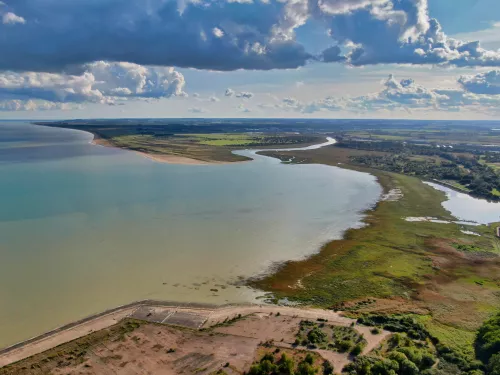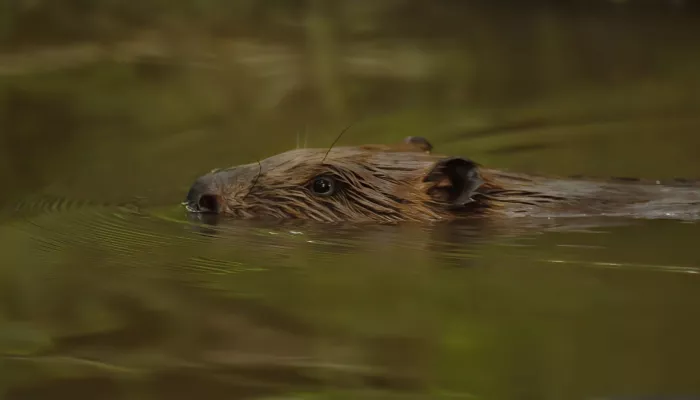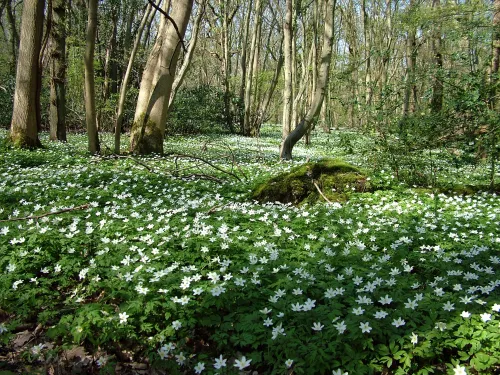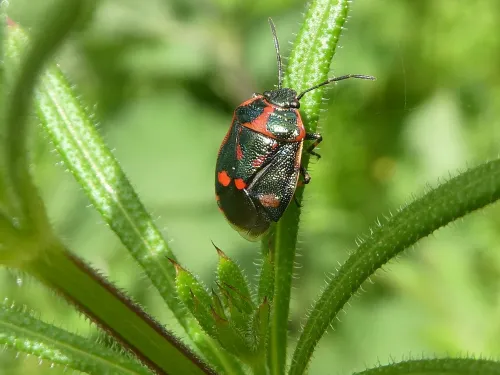The UK Government’s 10 broken nature promises
1. Agricultural Environmental Land Management schemes and farm regulation
The UK Agriculture Act promised to reward farmers for creating ‘public goods’, but new agricultural schemes in England are replicating the mistakes of previous failed policies. The more ambitious elements of the schemes, including Landscape Recovery and Countryside Stewardship Higher Tier, have been badly watered down, leaving many of the most nature-friendly farmers at a loss. Furthermore, cross compliance – the requirements which aim to safeguard our environment from the most damaging of farming practices – will cease to exist from 2024. Defra has still not published details on what regulatory baseline will replace it, and there are significant regulatory gaps around hedgerow protections, soil management, and buffer zones along waterways.
2. Ban on horticultural peat use
The UK Government consulted on plans to ban the sale of peat and peat-containing products in 2022 after a series of failed voluntary targets which date back to 1999. The response to the consultation was clear, with over 95% of respondents calling for a ban on the sale of bagged peat compost by 2024. The UK Government has since committed to this, but has yet to introduce legislation to implement this ban. The upcoming King's Speech may be the final opportunity to do so in order to meet this commitment. Peatlands are extremely important habitats for wildlife and store vast amounts of carbon. However, they actively emit carbon when they are drained of water and dug up for use as a growing media.
3. Suspected failures to comply with environmental law over sewage discharges
The Office for Environmental Protection (OEP) has identified possible failures to comply with environmental law by three public authorities: the Department for Environment, Food and Rural Affairs (Defra), the Environment Agency and Ofwat in relation to the regulation of combined sewer overflows. For Defra, the potential failures relate to the requirements of urban wastewater legislation, water quality legislation, and Defra's duty to make enforcement orders where sewerage companies fail to comply with their own duties to effectually deal with sewage.
4. 30 x 30 target
In 2020, through the ‘Leader’s Pledge for Nature’, the UK Government committed to protecting at least 30% of land and sea for nature by 2030 (its 30 x 30 target), but little progress has been made. A report this year found that only around 3% of land and a maximum of 8% at sea is effectively protected for nature. Defra has yet to publish a plan on how they will measure the 30x30 target, despite consulting on it in March 2022. The UK government’s claims of being on track to meet the target were recently proven to be untrue following a FOI request by Wildlife & Countryside Link.
5. Land Use Framework
As part of the UK Government’s food strategy, published in June 2022, it promised to publish a land use framework for England this year to “ensure we meet our net zero and biodiversity targets”. It has since repeated this commitment in response to the House of Lords Land Use in England Committee report and in its 2023 Environmental Improvement Plan (EIP). The framework has yet to be published despite being badly needed to ensure that all uses of our finite land: making space for nature, growing food, capturing carbon, providing homes and the other built infrastructure society needs, are strategically planned so that the UK Government can achieve its targets.
6. Beaver reintroductions
In May 2021, the then Environment Secretary announced that the UK Government was “looking positively towards the reintroduction of beavers and further releases of this iconic species in England”. Then Boris Johnson promised to “Build Back Beaver” in October 2021. However, in October 2023, Defra concluded that species reintroduction was “not a priority” and that the UK Government instead “aims to reach its biodiversity targets through other methods including habitat restoration and biodiversity corridors”. Evidence proves that beavers bring huge benefits to other wildlife as well as creating habitats that alleviate food risk and reduce the effects of drought. Vast numbers of wetlands have been lost in last 50 years – the fastest and cheapest way to restore these habitats is to allow the reintroduction of beavers.
7. Nature Recovery Green Paper
The UK Government published a consultation in March 2023 on how protections for wildlife sites and species can help best meet their ambition to restore nature and halt the decline in species abundance by 2030. A response to the consultation has yet to be published.
8. Scale up green social prescribing
Despite a promise to “scale up green social prescribing across the healthcare system”, the UK Government’s Green Prescribing for Mental Health demonstration programme has not been extended beyond June 2023. The demonstration sites were launched in April 2020 to test how green prescribing can improve mental health, reduce health inequalities, and reduce demand on the health and social care system.
9. A Natural History GCSE by 2025
The UK Government announced a new natural history GCSE by 2025 saying the qualification “will enable young people to explore the world by learning about organisms and environments, environmental and sustainability issues, and gain a deeper knowledge of the natural world around them.” This promise will be broken because the UK Government has yet to consult on the subject content (due in April 2022) nor has it carried out the other necessary steps required by the OCR qualification body. This means that a first teach of September 2025 cannot happen.
10. End the badger cull in England by 2025
In 2021, then Environment Secretary George Eustice promised to phase out the badger cull by 2025. However, Environment Secretary Thérèse Coffey has since announced that Defra will continue the cull. Speaking at the Royal Welsh Agricultural Show in July, Thérèse Coffey said “I’m not going to be held by some artificial deadline that has already been put in place. We will keep culling for as long as it is the best way to do that.” However, culling badgers will not solve the problem because badgers are not the primary cause of the spread of Bovine tuberculosis (bTB) in cattle – the primary route of infection is from cattle-to-cattle. An effective cattle vaccine and improved bTB testing in cattle must be provided – these offer the best way to reduce bTB in the cattle population.




